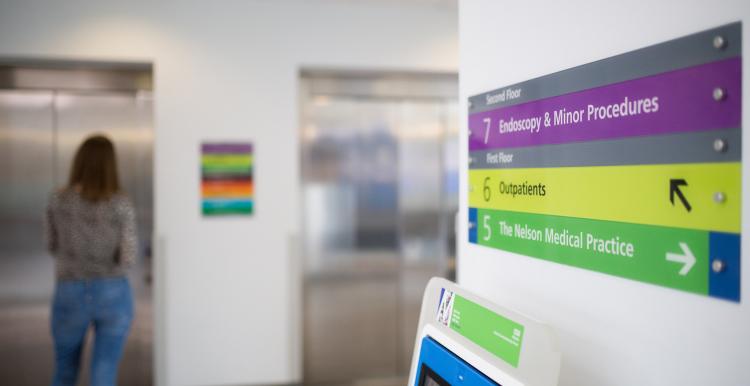Planning end of life care – where can I find more information?

What is an Advance Care Plan?
An Advance Care Plan is a document which sets out your preferences for end of life care. It involves thinking about questions such as:
- If your health deteriorates, where would you like to receive care?
- Are there any spiritual or religious beliefs you would like considered?
- Who should healthcare professionals talk to if you are unable to make decisions?
- How would you like practical matters dealt with, such as the care of a pet?
It is your choice whether to make an Advance Care Plan and you should not feel pressured to include anything you are not comfortable with.
How do I make an Advance Care Plan?
You can speak to your healthcare professional about planning ahead and they will provide you with an Advance Care Planning form to complete.
Before you complete your plan, consider talking about your wishes with your healthcare professional, friends and family. They can help you think about your options and what you want.
You can review your plan regularly to make sure it reflects your wishes, and you can change your plan as long as you are able to make decisions about your care.
What is a living will?
When thinking about end of life care, some people may choose to have a living will.
A living will is a decision you can make to refuse specific types of treatment in the future, such as CPR and other life-sustaining treatments. It lets your family, friends and healthcare professionals know your wishes about refusing treatment if you are unable to communicate those decisions.
More information about planning end of life care can be found below:
NHS End of life care.


